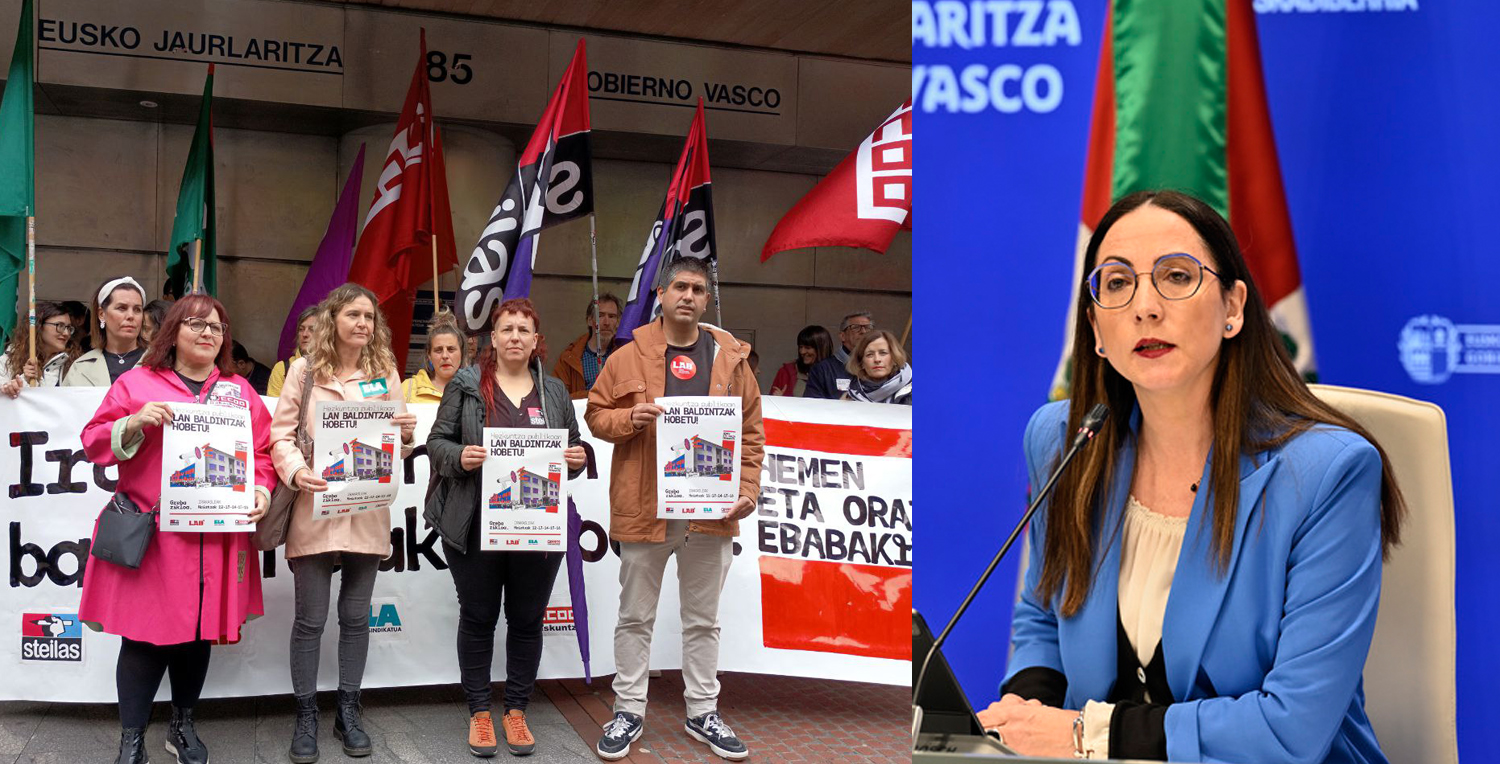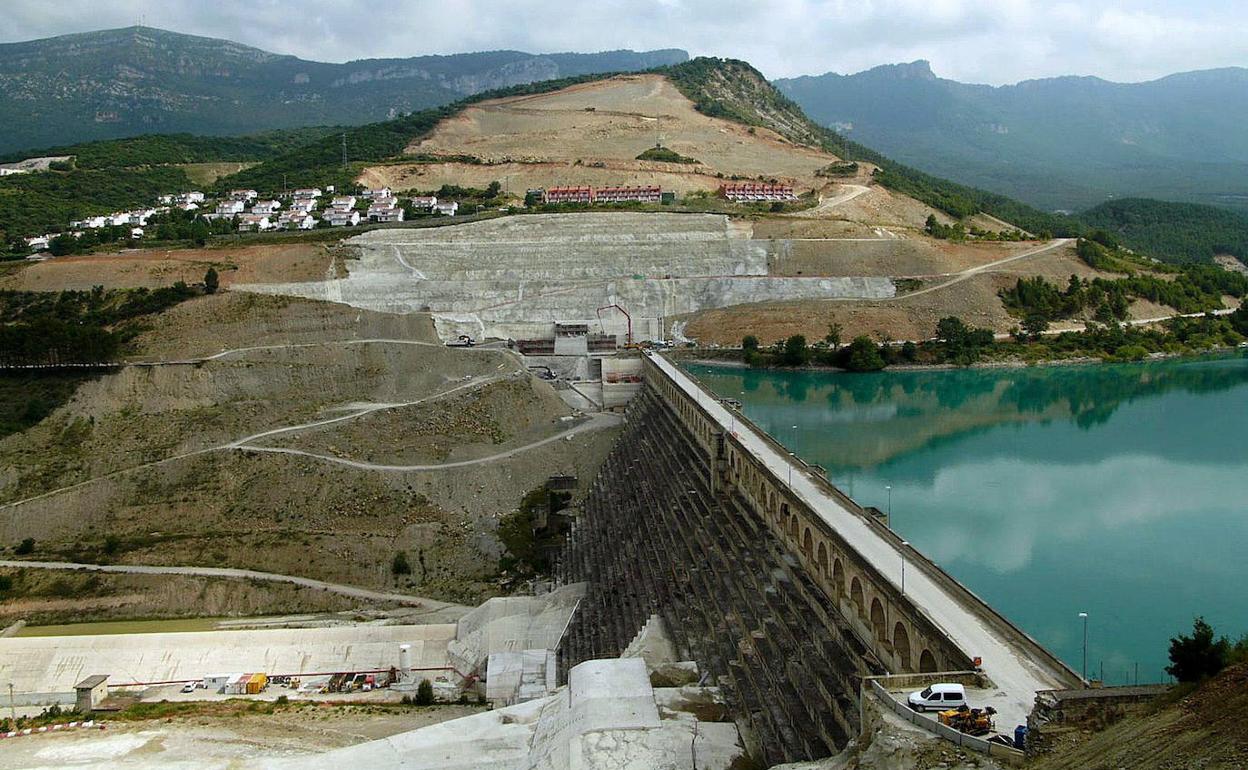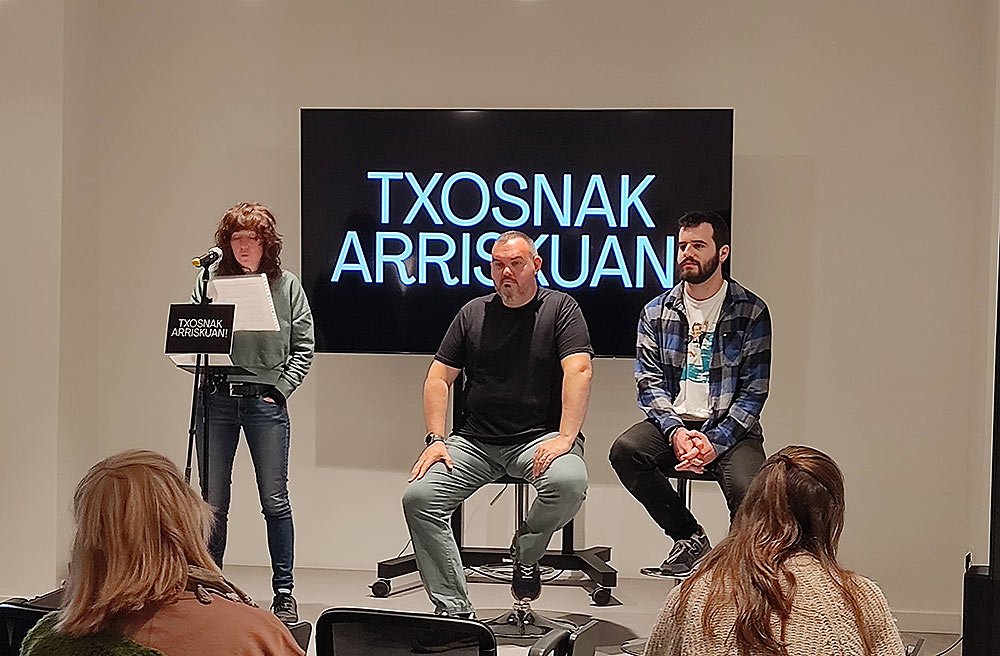Open wounds due to pardon
- The women assaulted by footballer Paul Abasolo, about to enter prison, read that he was going to start playing on the Oviedo team. Almost a year later, he was pardoned by the last Council of Ministers of Zapatero. The Government of Spain has pardoned the only sexual assailant tried under the Penal Code of 1995: Paul Abasolo Amantegi.

In December 2007, the Ertzaintza arrested Paul Abasolo (Durango, 1984), a player of the football team Real Unión de Irun (Gipuzkoa). Abasolo was charged with five sexist crimes, four of them for sexual assault and rape. Five months later, paying a deposit of EUR 30,000, he left jail and returned to football, as if it was a matter of personal life to attack women. On Irun's team he turned two more years and then started playing at the Lemona. Athletic de Bilbao and Salamanca, who initially wanted in their respective teams, finally went back and did not sign for Durango.
Paul Abasolo was tried in May 2010 at the Bizkaia Hearing and convicted of three serious sexual abuse of minors, although most media did not publish his name. The sentence sentenced him to three years and three months in prison. The court also condemned the costs of the proceedings. However, she will not have to pay compensation to all women, since in the case of those who have not had a particular charge, the prosecutor did not ask for any compensation. The player received a single removal order, as the prosecutor had not asked for it again. One of the complainants did not attend the day of the trial, but the reason was not investigated. Moreover, the State did not declare its complaint false and, therefore, did not oblige the woman to bear the expenses she incurred. And as another of the women could not know the aggressor properly, the rape complaint was also suspended. In fact, the judgment of the Court of Bizkaia, in the absence of sufficient legal evidence, casts doubt on the fact that Abasolo is considered the author of it. Thus, sentenced for three assaults, the final result was three years and three months from the risk of a 15-year prison sentence.
Abasolo had not claimed compensation for the five murders that occurred in prison between 2007 and 2008. He was initially charged with five assaults, since the author of the five assaults suffered in Gernika had his own characteristics, but, as has been said, he was convicted of five complaints. Abasolo can therefore argue that there is no proportionality in pre-trial detention. But he has not done so. However, he also brought an action before the Supreme Court, which confirmed his conviction to three years and three months in prison. He then demanded that the Government of Spain not comply with the prison sentence imposed on him.
Unbased pardon
It did not seem likely that the pardon requested from the Spanish Government would have been able to go ahead, since until then the Government had not pardoned any of the sexual assailants tried under the Penal Code of 1995. This Penal Code punishes sexist aggressions more severely than in 1973.
First, according to the Pardon Law of 1870, in semi-public crimes, assaulted women must be “heard” before being pardoned. Sexual assaults are semi-public offences, i.e. offences that are not investigated if they are not reported. However, the Government has not informed the women assaulted by Paul Abasolo of the pardon they suffered from eta. In short, women are outside the legal process: they do not have the possibility to know whether the aggressor will serve the sentence, or to resort to pardon. Therefore, women assaulted by Abasolo do not have the possibility to protect their rights before the Spanish Constitutional Court. To do so, they had to appear in the trial as a private indictment, facing the significant economic expense that this entails. Therefore, the Administration of Justice requires that, in addition to suffering the attack, it assume the economic expense, while political leaders have the capacity to leave the aggressor unpunished.
Secondly, among the requirements for granting pardon is the non-commission of any other infringement, which was accredited by the Audience of Bizkaia with three sexual assaults. Therefore, Abasolo did not commit a single infringement, but three, but the three attacks had only one sentence. On the other hand, there is no record of offences committed by minors. So if Paul Abasolo had committed sexual abuse to other women before he was 18, they would not have been taken into account to pardon. For legal purposes, the State behaves as if it had never been attacked, even in the case of serious crimes against social coexistence.
Finally, the ruling of the Audience of Bizkaia highlights the "danger" of the sexual abuse committed by Abasolo. Gernika's first aggression took place on the street, according to Abasolo. The last three reported were executed on the same day, two hours later. The cruelty of these three assaults is evident: the first two were sexual abuse and the third alleged rape. The Audience of Bizkaia saw doubts about attributing to Abasolo the authorship of this latest attack and did not condemn the footballer for a crime of injury. The law calls for the prisoner's readmission in case of doubt, even though the Audience of Bizkaia considered it "rare" that at the same time a second aggressor of similar characteristics to Abasolo would be exercised in Gernika. However, pardon cannot underestimate the seriousness of the attacks. In addition, Abasolo has not rejected the lack of proportionality between pre-trial detention and the Bilbao Court ' s conviction for sexual assault.
For all these reasons, and bearing in mind that, after the signing of the pardon, the Spanish Government did not provide any argument, various means relate the pardon granted to Paul Abasolo to the economic power of the player ' s family. On the mother's side, Paul Abasolo Amantegi is a descendant of the owner of the quarries next to the Urkiola Natural Park. In short, pardon is a political and non-judicial decision, that is, after the State has paid for the participation of various agents (Ertzaintza, courts, judges…) to verify the sexist aggressions of a man, the political leaders have renounced these rights of women. In any case, the sentences are aimed not only at preserving the rights of the abused woman, but also at preserving social coexistence.
Demystification of sexist aggressors
Sexual assault is not a unilateral sexual relationship, but violence. That's why it's a transgression and not a disease. The psychologist Javier Urra has observed that the Machistan men who attack women are not ill: “They know what they do and they want to do what they do.” They choose the time to attack. To justify sexist behaviors, the women assaulted by Abasolo were “their ex-girlfriend and crew.” But women didn't know each other. Urra explained that sexist aggressors have a clear machist attitude: “They have high self-esteem and great egocentrism.” They despise the damage done and lack empathy for women. At the trial, Paul Abasolo showed his great concern about the influence that the legal process was going to have on his career as a footballer.
This case demystifies the Machistan aggressors: he is a young Euskaldun, with a rich family and a formal bride. In addition, he is a football player, a prestigious and renowned sport player. It reaffirms that sexist aggressions do not satisfy sexual desires, that the objective is to humiliate women. That's why some aggressors don't rape women with their penises, but with bottles and fingers. One of the last allegations of rape that found insufficient evidence to condemn Abasolo was the third sexual assault that day in Gernika, in less than two hours.
Abasolo's pardon violates the rights of women who were assaulted by the footballer. Politicians who have underestimated the sexual abuse perpetrated in recent decades will conduct 11 campaigns to denounce the sexist aggressions. Why, then, have you supported Paul Abasolo's impunity?
BRN + Neighborhood and Sain Mountain + Odei + Monsieur le crepe and Muxker
What: The harvest party.
When: May 2nd.
In which: In the Bilborock Room.
---------------------------------------------------------
The seeds sown need water, light and time to germinate. Nature has... [+]























